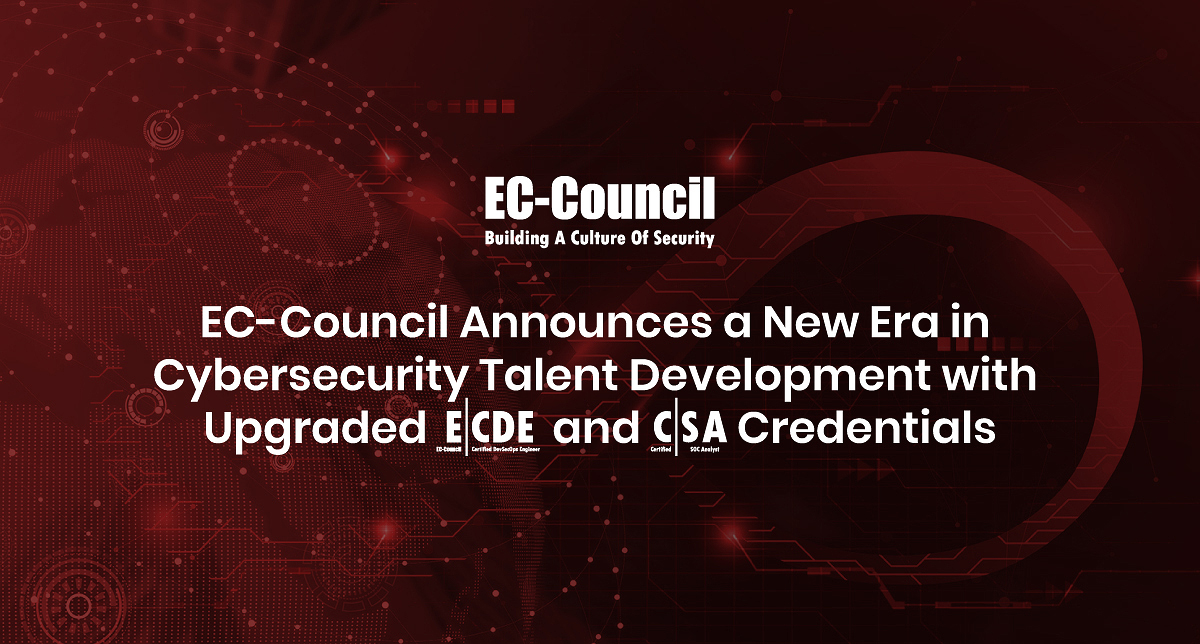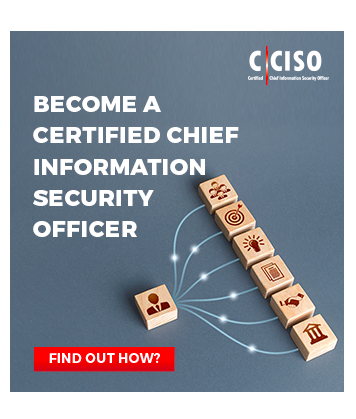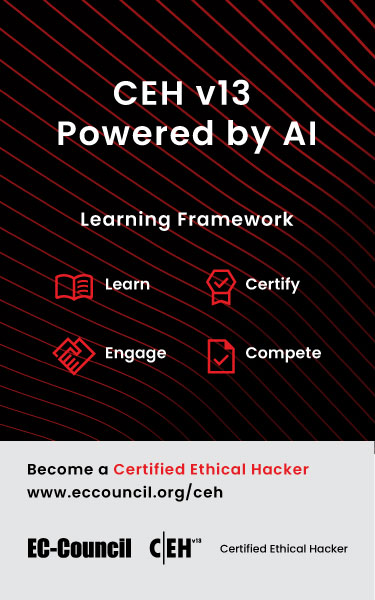The Ethical Hacking Associate (EHA) and Cyber Forensics Associate (CFA) certification courses have been added to the Florida CAPE-Secondary list for the 2019-2020 term and are now eligible for state funding
[8/20/2019, TAMPA, FL] EC-Council and Certiport are pleased to announce that both EC-Council Associate (ECA) certification courses, Cyber Forensics Associate and Ethical Hacking Associate, have been added to the Florida CAPE Industry Certification Submissions Recommended for 2019-2020. EHA and CFA will carry the following Florida Department of Education codes within CAPE:
ICOEC005 – EC-Council Cyber Forensics Associate
ICOEC006 – EC-Council Ethical Hacking Associate
EC-Council and Certiport partnered in 2017 to offer cybersecurity training and industry certifications to academic institutions across the world. The result was the EC-Council Associate Series. EHA and CFA are derivative courses based on EC-Council’s Certified Ethical Hacker (CEH) and Computer Hacking Forensics Investigator (CHFI) professional courses and certifications. These are widely recognized and valued credentials across the information security and cybersecurity industries. The goal was for EC-Council to develop curriculum, lesson plans, and lab ranges (iLabs) with testing administered via Certiport’s state-of-the-art testing centers.
In 2007 the Career and Professional Education Act (CAPE) was created by the Florida Department of Education to offer statewide partnerships between business and education communities in the state of Florida. The purpose was to attract and retain high-value industry while sustaining a vibrant state economy. The CAPE objectives include improving middle and high school academic performance by providing rigorous and relevant curriculum opportunities, supporting local and regional economic development, and responding to Florida’s critical workforce needs.
EC-Council and Certiport strongly believe in these objectives and are excited to further support secondary institutions in the state of Florida.
“Today’s Cybersecurty skills gaps start at the secondary level right before students continue to their post-secondary education careers,” says Wesley Alvarez, Director of Academics at EC-Council. “This is a critical time to develop foundational offensive and defensive cybersecurity skills so students can get a better grasp of their strengths and interests prior to selecting their degree and concentration.”
“The state of Florida has been a leader in career and technical education for many years now, and we are pleased to see them recognize the EC-Council Associate certifications on the CAPE list,” said Ray Murray, Vice President and General Manager – IT, Pearson VUE. “We believe the Cybersecurity industry is in desperate need of more high school and college graduates with skills they can use on the job from day one to better protect companies from a myriad of threats.”
The Mission of EC-Council | Associate
The mission of the EC-Council | Associate Series is to validate skills in ethical hacking and cyber forensics to qualify the strength, skill, and readiness of a professional leading to a career in the highly lucrative information security industry. The EC-Council | Associate Series immerses students in a hands-on environment (via iLabs) where they work with multiple virtual machines in a cloud-based lab range environment, studying attack and investigative methodologies.
About Certiport
Certiport is the leading provider of learning curriculum, practice tests, and performance-based IT certification exams that accelerate academic and career opportunities for learners. Certiport provides certification development, delivery, and program management services through an expansive network of more than 12,000 Certiport Authorized Testing Centers worldwide. More than 3 million Certiport exams are delivered in 26 languages across 148 countries each year throughout the academic, workforce, and corporate technology markets. Certiport is a Pearson VUE business, and is a part of the world’s leading learning company, Pearson. To learn more, go to certiport.com.
“Certiport” is a registered trademark of NCS Pearson, Inc. in the United States and other countries. The names of actual companies and products mentioned herein may be the trademarks of their respective owners.
About EC-Council
EC-Council has been the world’s leading information security certification body since the launch of their flagship program, Certified Ethical Hacker (CEH), which created the ethical hacking industry in 2002. Since the launch of CEH, EC-Council has added industry-leading programs to their portfolio to cover all aspects of information security including EC-Council Certified Security Analyst (ECSA), Computer Hacking Forensics Investigator (CHFI), Certified Chief Information Security Officer (CCISO), among others. EC-Council Foundation, the non-profit branch of EC-Council, created Global CyberLympics, the world’s first global hacking competition. EC-Council Foundation also hosts a suite of conferences across the US and around the world including Hacker Halted and Global CISO Forum.
For more information about EC-Council, please see https://www.eccouncil.org.
Contacts:
Certiport
Allison Yrungaray
Public Relations Manager
[email protected]
EC-Council
Wesley Alvarez
Director of Academics
[email protected]








